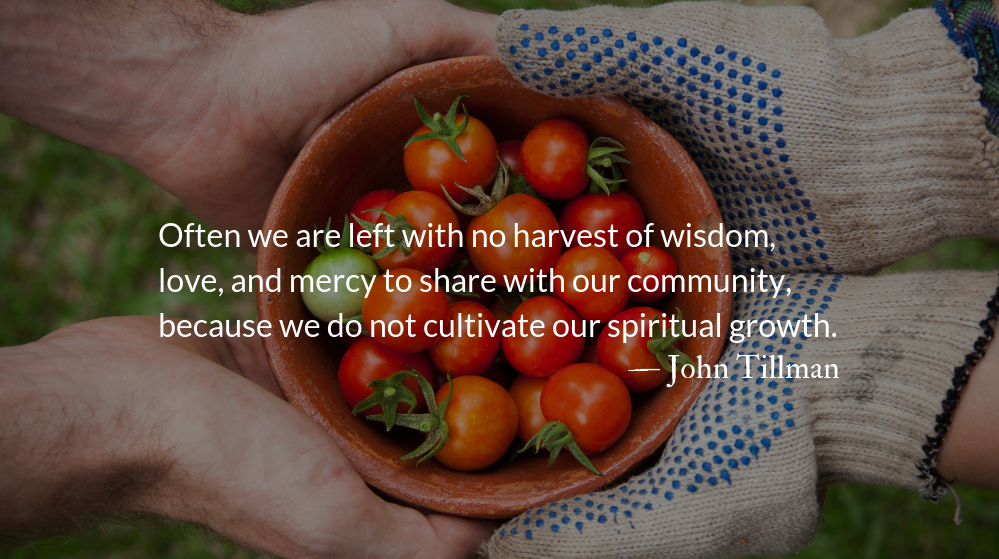Scripture Focus: Genesis 12:1
The Lord had said to Abram, “Go from your country, your people and your father’s household to the land I will show you.”
Reflection: The Landless Wanderer
By Erin Newton
Nomad. Vagabond. Roamer. We have many words for those who travel, often without a permanent home. Gordon Wenham refers to Abraham as a “landless wanderer” to our human eyes.
The story of Abraham’s call marks a pivotal moment in Genesis. From creation to the Tower of Babel, humanity has encountered a series of judgments: the banishment from the Garden, the curse of Cain, the Flood, and the disruption of easy communication. God now calls out to one person, granting a message of peace and blessing to him.
From the text, we know that Abraham was 75 with a wife, extended family, but no children. He had servants (whether they were slaves or willing employees, it is unclear in this chapter) and many possessions.
In short, he was well established, self-sufficient. He was a man of means that quickly caught the attention of the Egyptian Pharaoh later in the chapter. The stability that Abraham enjoyed was self-made and self-secured.
Suddenly, God calls him to walk an unknown path with an unknown future, leave all he ever knew. Everything hinged upon the promise that God would bless his family and through him, the world. The details were vague, only a promise. By faith, Abraham responded and followed.
It is hard to imagine someone of great means leaving it all. The idea is so mystifying that we are enamored by stories with such plotlines. Royals leaving the monarchy. Billionaires donating their wealth. Pastors leaving their megachurch. The security in each case is established through wealth, power, prestige, or popularity. Give that up? Preposterous!
In these cases, the reason could be righteous or not. In the case of Abraham, it is a righteous response that is expressed in his immediate worship. Abraham would follow, perhaps looking like a fool to his peers.
It is a call we see repeated throughout the Bible. Jesus, a landless wanderer himself with no place to lay his head, leaves the glory of the right hand of God to fulfill his call on Earth. The disciples, busy with their work, are called to leave it all and follow Jesus. We are called to do the same.
Each journey is not without trials and tribulations. Abraham was not exempt. Jesus was not exempt. We will not be exempt.
What has God called you to do? Where has he called you to go? Where will you be a blessing?
Divine Hours Prayer: A Reading
Jesus taught us, saying: “Do not worry; do not say, ‘What are we to eat? What are we to drink? What are we to wear?’ It is the gentiles who set their hearts on all these things. Your heavenly Father knows you need them all. Set your hearts on his kingdom first, and on God’s saving justice, and all these other things will be given you as well.” — Matthew 6.31-33
Today’s Readings
Genesis 12 (Listen 2:51)
John 11 (Listen 6:37)
Read more about Faith Honors God
To believe in God as Abraham did is to be right with God because faith honors God. Faith says to God: “I believe what you say.”
Read more about Supporting Our Work
Ad-free content is rare and our donors make that possible. Please consider becoming a monthly donor for 2023. Think of the difference you can make in a year.









